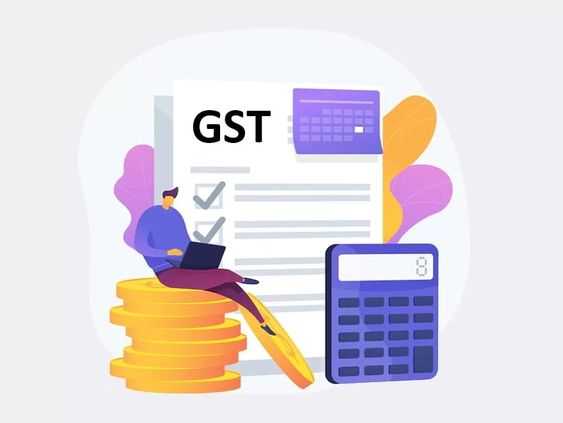The Goods and Services Tax (GST) has revolutionized the taxation system in India, bringing in transparency, accountability, and uniformity. However, to ensure compliance and prevent tax evasion, the GST law mandates periodic audits of taxpayers' accounts. A GST Departmental Audit is one such mechanism that the tax authorities conduct. At Genuine Filings, will provide a comprehensive guide to understanding the GST Departmental Audit, its process, and how businesses can prepare for it.

What is a GST Departmental Audit?
A GST Departmental Audit is an examination of a taxpayer's records, returns, and other documents maintained by the registered person. This audit is conducted by tax authorities to verify the correctness of the turnover declared, taxes paid, refunds claimed, and input tax credits availed. The primary objective of this audit is to ensure that the taxpayer is complying with the GST provisions and rules.
Who Conducts the GST Departmental Audit?
The GST Departmental Audit is conducted by the Commissioner of GST or any officer authorized by him. It can be initiated at the premises of the taxpayer or at the office of the tax authorities. Typically, the audit is performed for a specific financial year, and the taxpayer is required to provide all relevant documents and records for that period.
Process of GST Departmental Audit
- Notice Issuance: The audit process begins with the issuance of a notice to the taxpayer. The notice is generally issued at least 15 days before the audit is scheduled to start. It specifies the period for which the audit will be conducted and requests the submission of necessary records.
- Preparation of Documents: Upon receiving the notice, the taxpayer must prepare and arrange all required documents, including invoices, purchase orders, sales registers, tax payment challans, and any other records that may be needed during the audit.
- Audit Visit: The tax authorities may conduct the audit at the taxpayer’s business premises. During the visit, the authorities will examine the records, verify the details furnished in the returns, and ensure the accuracy of the tax payments and credits claimed.
- Audit Report: After completing the audit, the officers prepare an audit report detailing their findings. If discrepancies are found, the taxpayer may be required to pay the additional tax along with interest or penalties.
- Compliance and Resolution: If any issues are identified during the audit, the taxpayer is given a chance to clarify or rectify them. In cases where disputes arise, they can be resolved through appeals or by providing additional documentation.

Common Areas of Focus During GST Departmental Audit
During a GST Departmental Audit, the tax authorities often focus on several critical areas, including:
- Input Tax Credit (ITC) Claims: Verifying the correctness of ITC claimed by the taxpayer to ensure it matches the purchase invoices and complies with GST laws.
- Output Tax Liability: Ensuring that the taxpayer has correctly calculated and paid their GST liabilities.
- Reconciliation of Returns: Checking for discrepancies between different returns, such as GSTR-1 and GSTR-3B.
- Refund Claims: Scrutinizing the legitimacy of any GST refund claims made by the taxpayer.
How to Prepare for a GST Departmental Audit
Preparation is the key to ensuring a smooth GST Departmental Audit. Here are some steps businesses can take:
- Maintain Accurate Records: Ensure that all books of accounts, invoices, returns, and other documents are accurately maintained and readily available.
- Regular Reconciliation: Periodically reconcile the books of accounts with the GST returns filed to identify and rectify any discrepancies.
- Stay Updated with GST Laws: Regularly update yourself with the latest GST rules and amendments to ensure compliance.
- Seek Professional Assistance: Engaging professionals like Genuine Filings can provide expert guidance and support during the audit process.
Conclusion
A GST Departmental Audit is a vital compliance mechanism designed to ensure transparency and adherence to GST laws. While it may seem daunting, thorough preparation and the right approach can help businesses navigate the audit smoothly. At Genuine Filings, we offer expert assistance and comprehensive services to help you manage your GST compliance and audits efficiently.

Need help with your GST Departmental Audit? Contact Genuine Filings today for professional support and peace of mind!
By partnering with us, you can focus on your business while we take care of your GST compliance needs.








